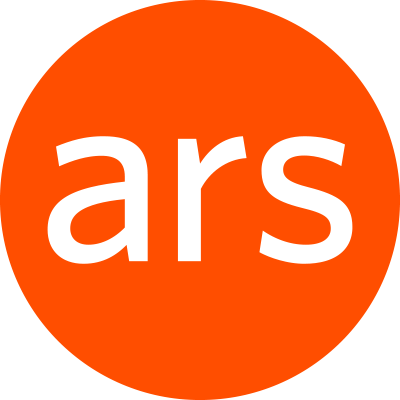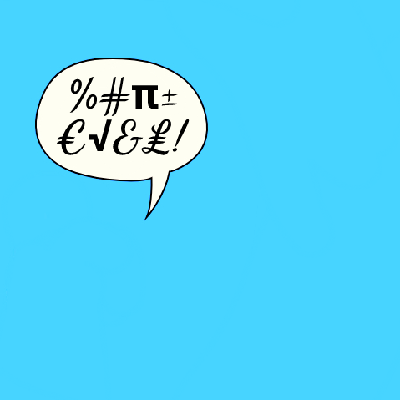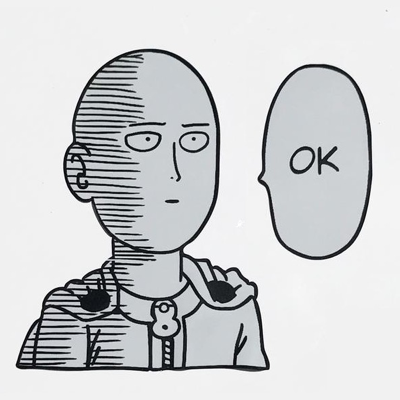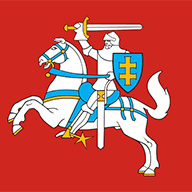Elon Musk gives Tesla ultimatum: Another 12% of shares or no AI, robotics
Although 95% of its revenue is automotive, Musk says Tesla is a robotics/AI company.
Whether a consumer, investor, … When you run into someone like Musk, you don’t ask questions. You just turn around a walk away.
@arstechnica@mastodon.social lol. lmao
@arstechnica@mastodon.social It is fairly simple. No. Can’t blackmail the company into doubling Elon’s shares. All AI and Robotics so far built under Telsla is their IP not his. Also this would be a flip from Musk’s statement that Tesla was an energy company to AI/Robotics… Sorry Elon, if ya want to start a new company that is a different question all together.
@arstechnica@mastodon.social
<p>Failing that, Musk said he would “prefer to build products outside of Tesla,” then questioned why large institutional investors in Tesla like Fidelity “don’t show up to work,” seemingly confused by the difference between an individual with a job and a company that owns assets.</p>
This is the context I’m here for.
@arstechnica@mastodon.social they should just fire him effective immediately.
@arstechnica@mastodon.social … does he think that’s a threat?
@arstechnica@mastodon.social He needs money to make his Twitter debt payments.
@arstechnica@mastodon.social The best thing the Tesla board could do would be to kick Musk to the curb.
@arstechnica@mastodon.social So he is telling the board that he isn’t going to do his job and they didn’t fire him? Wow man. Another world.
@arstechnica@mastodon.social I’m sure there are Tesla execs and others that would jump at the opportunity to seperate from Musk.
@arstechnica@mastodon.social He’s like gambling addict. But for Twitter.
@arstechnica@mastodon.social Musk, please don’t threaten us with a good time.
@arstechnica@mastodon.social
Elon is correct on this. Simply selling cars is not a route to success. Basically, any company can copy what they are doing, and it’s super hard to have success in this space. AI and robotics offer the promise of far greater profits.
Having said that, there is no reason to keep Elon Musk to achieve this goal. In fact JB Straubel would make a better CEO and leader for this.@arstechnica@mastodon.social
He likes to copy from Theil’s playbook - here’s how that goes: “… as PayPal prepared to go public, Thiel offered the company’s board an ultimatum: he wanted more equity or he would quit. (Thiel denies any ultimatum.) The board granted him the equity. Shortly after PayPal began trading, in 2002, Thiel flipped the company, selling it to eBay for one and a half billion dollars. As soon as the acquisition closed, he issued a press release announcing his resignation.”deleted by creator
















